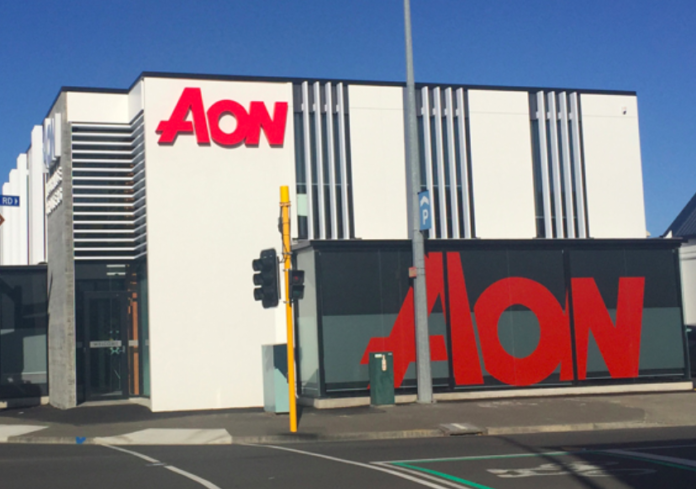More than half (56%) of companies in Singapore expect their digital transformation agendas to accelerate following their initial response to COVID-19, Aon’s new pulse survey shows.
Results reveal that 89% of companies anticipate their exploration of different working models, such as expanded working from home and increased flexible hours approaches, will accelerate as well.
The survey covered 1,899 firms across the world and was conducted April 7-10, following an initial study of 2,028 firms conducted March 17-20.
In between, the prevalence of companies in Singapore delaying or cancelling salary increases for employees grew from 8.2% to 20.4%. However, this trend is lower than North America (14% to 32%) and in Europe (17% to 35).
Also, the prevalence of companies in Singapore asking employees to take reduced salaries on a voluntary basis reached 10.7%. Involuntary pay reductions were also at 10.7%.
Executive officers are most likely to be covered by these actions. Roughly 33% of firms cutting pay are doing so across their full workforce. Some firms reported a mix of voluntary and involuntary actions.
“As Singapore grapples with the economic impact of the COVID-19 outbreak, businesses are under tremendous pressure to manage costs while supporting their employees,” said Alexander Krasavin, partner and chief commercial officer in APAC & MEA at Aon.
“In coordination with the government’s efforts, the top priority for companies is surviving the pandemic with no or minimum lay-offs,” said Krasavin. “Our study found that the outbreak has accelerated the future workforce strategy of companies towards work from home and flexible hours, workforce agility and a digital transformation agenda.”
While companies continue to explore ways to manage or reduce total rewards costs through changes to health and benefits plans and retirement programmes, few of them have executed cost-saving measures in these areas.
Only 1% of companies have suspended employer matches, profit sharing, or other non-elective employer contributions for defined contribution retirement plans. Additionally, only 4.1% of companies have reduced paid leave benefits.
Other common actions to manage total rewards costs include reducing or eliminating spend on contractors (59%) and cancelling or postponing employee training programmes (42%).
“Among Singapore survey respondents, pay reduction starts at the top levels while protecting the rank and file as much as possible,” said Na Boon Chong, managing director and partner, human capital solutions, Southeast Asia at Aon. “COVID-19, in all likelihood, will accentuate the movement towards stakeholder capitalism where employees, customers, suppliers, and community receive as much consideration as shareholders.”
















